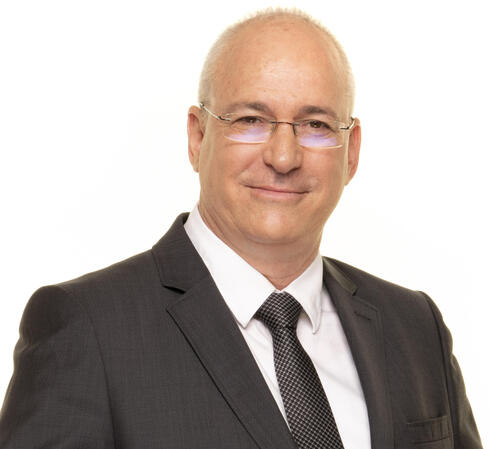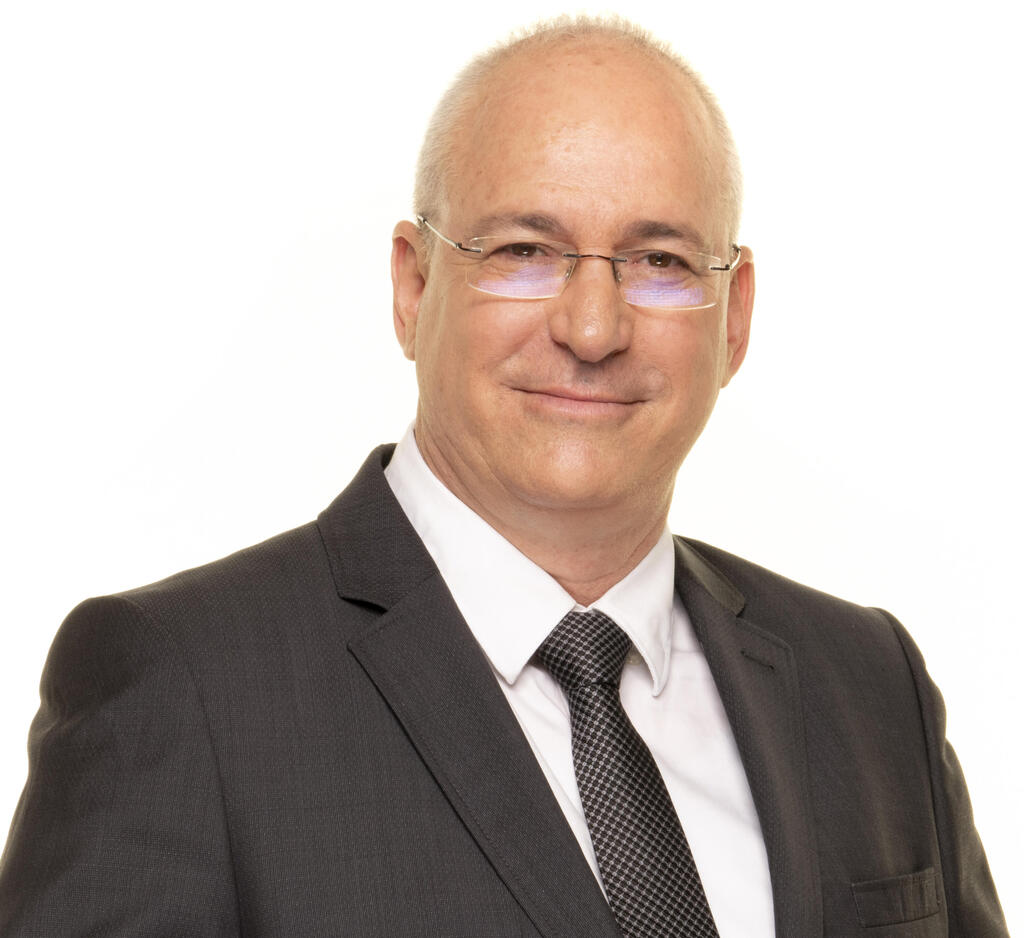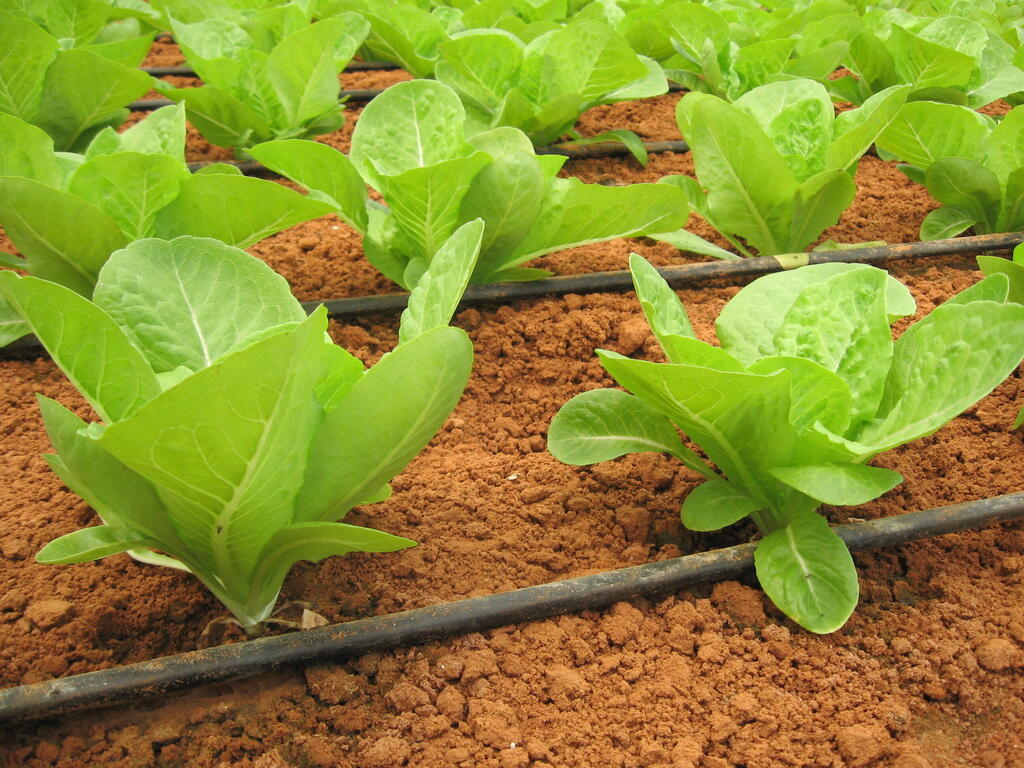
Precision Agriculture: The Key to Maximum Yield and Environmental Protection
In an era of worsening climate crisis and increasing food demand, precision agriculture offers a dual solution: increasing yields while reducing environmental impact. Haifa Group leads the global precision agriculture sector with breakthrough solutions that enable farmers to grow more with less—less input, less pollution, and greater efficiency
"Agriculture is the world's oldest commercial enterprise," explains Natan Feldman, VP Marketing, Business Development & Innovation at Haifa Group. "The last century has seen technological developments that have transformed agriculture completely, especially in chemistry and nitrogen molecule utilization. Today, we're in a new era where high efficiency alone isn't enough—we must produce sustainably."
2 View gallery


Natan Feldman, VP Marketing, Business Development & Innovation at Haifa Group
(Courtesy of Haifa Group)
Haifa Group implements the UN's Sustainable Development Goals (SDGs) through various technological solutions. "We're global leaders in developing solutions that enable efficient crop growth while maintaining sustainability," says Feldman. "For example, our Nutrigation technology enables precise delivery of water and nutrients to the root zone, ensuring almost 100% of inputs reach the crop. We've moved from fertilizer applications to plant nutrition discipline—using an application that ensures plants never experience deficiency."
The company has also developed innovative Controlled Release Fertilizers (CRF) solutions. "Our fertilizers are protected by a coating that releases nutrients according to soil temperature," Feldman explains. "Release can be controlled for up to a year, maximizing nutrient utilization in crops."
In recent years, Haifa Group has invested in significant environmental projects: establishing a railway terminal in the Negev that reduces CO2 emissions by 50%, developing a 35-dunam solar field, and building the "Blumonia" production plant with a $300 million investment, enabling independent ammonia production in Israel. "In our project in Italy," Feldman notes, "we managed to triple tomato yields while reducing CO2 emissions by 20-30 grams per kilogram of produce. In crops of dozens of tons, these savings become highly significant. Our projects are integral to our vision of reducing carbon footprint and contributing to sustainable agriculture."
As part of environmental sustainability efforts, the company developed Croptune, an innovative software providing farmers with personalized fertilization programs and calculating CO2 savings for each plot. The software even incorporates satellite imagery and advanced sensing technologies for crop monitoring.
2 View gallery


Haifa Group leads the field of precision agriculture in the world
(Courtesy of Haifa Group)
Looking to the future, precision agriculture continues to evolve. "Climate change and global warming demand better control," Feldman explains. "Plants are exposed to hazards, and our methods focus on understanding plant technology and providing customized solutions for each plot. Meanwhile, regulations in developed countries push for more efficient production emphasizing sustainability, including restrictions on nitrogen quantities and reduced fertilizer use."
With a commitment to innovation and sustainability, Haifa Group demonstrates that 21st-century challenges can be addressed through advanced Israeli technology. "The principle guiding us throughout the years is to provide increasing quantities of food, in line with global population growth, to ensure global food security while preserving Earth's resources. Today, we continue investing in smart solutions while protecting natural resources long-term, to secure the future for coming generations," Feldman concludes.
First published: 16:36, 17.11.24












